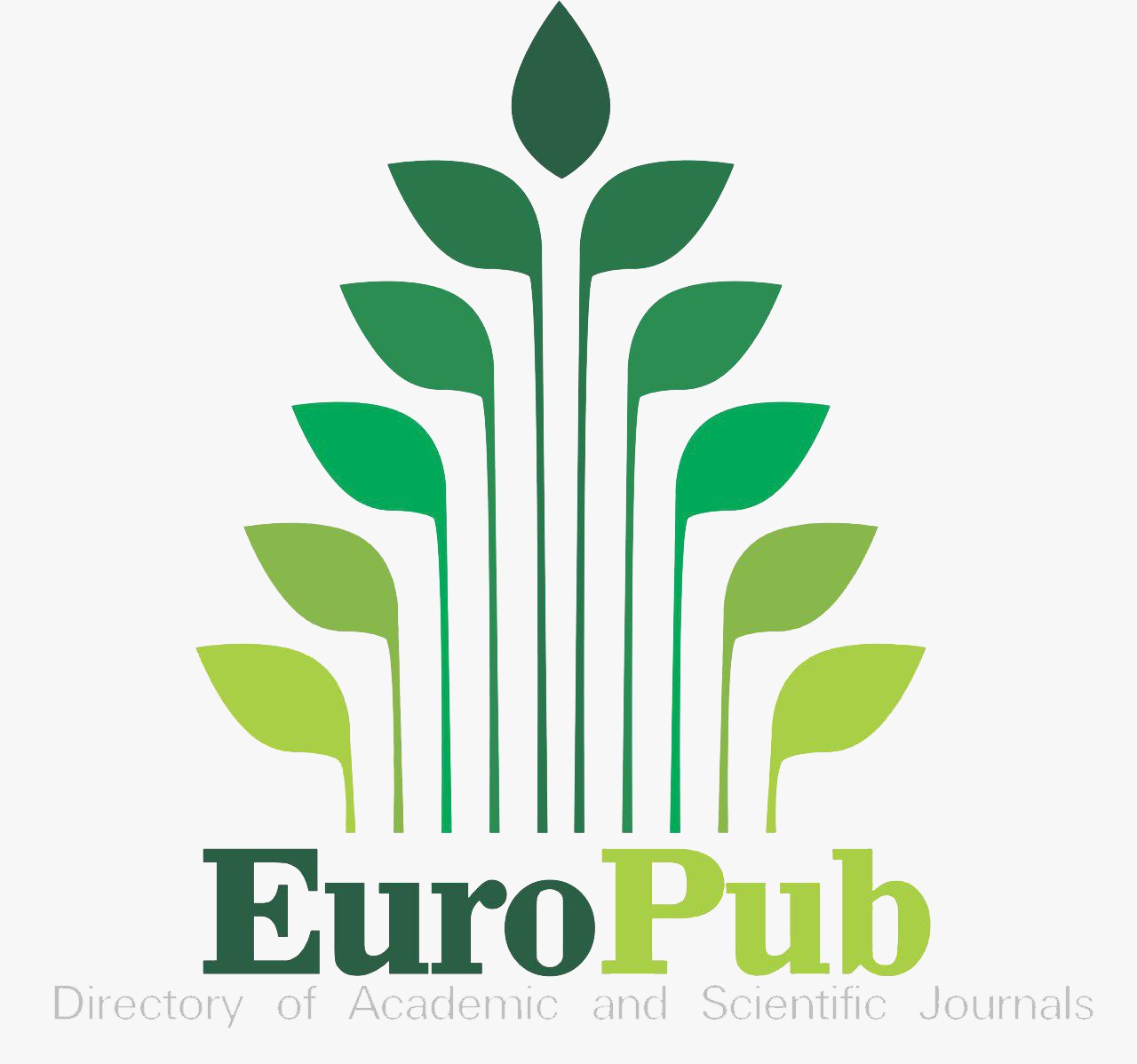INCLUSIVE EDUCATION: A LOOK AT TEACHER TRAINING FOR ADDRESSING EDUCATIONAL DIVERSITY
DOI:
https://doi.org/10.56219/dialctica.v2i26.4687Keywords:
Learning environments, Inclusive education, attention to diversity, Teacher trainingAbstract
For decades, education has undergone various transformations that involve changes in form and content, always subject to continuous evolution and the latent needs of each individual within society. For this reason, emphasis is placed on creating environments that are appropriate and aligned with an integral pedagogical vision of the being, knowledge, and especially the being’s relationships within its immediate environment. The goal is to develop skills, characteristics, and differentiated learning environments that enable individuals to face the psychosocial challenges of the 21st century. Based on this, the present essay aims to address inclusive education from the perspective of teacher training to address educational diversity. It focuses on learning environments that respect and value individual differences among students and also provide equitable opportunities for individuals to navigate their reality within society. Therefore, it is important to emphasize the need to incorporate inclusive processes into education and to develop appropriate foundational concepts for teachers, considering the wide range of differentiated learning capacities among students in our country's classrooms. In this way, the teaching process should be driven and motivated by the construction of a new Colombian society, aimed at fostering meaningful and diverse learning. This approach should primarily focus on teacher preparation, improving didactic efficacy, and expanding aspects such as participation, equity, accessibility, acceptance, and respect for individual differences. However, it is also crucial to highlight that we cannot speak of discrimination or remain indifferent to the needs of each individual, as society calls us to be inclusive, just, equitable, and fair, striving for substantial development and transformation in academia.
Downloads
References
Ainscow, M., & Cesar, M. (2006). European Setting the agenda. Obtenido de Inclusive Education ten Years after Salamanca: https://www.jstor.org/stable/23421604 DOI: https://doi.org/10.1007/BF03173412
Booth, T., & Ainscow, M. (2011). Guia para a educación inclusiva: Desarrollando el aprendizaje y la participacion en los centros escolares. Obtenido de Federacion Downgalicia: https://downgalicia.org/wp-content/uploads/2018/01/Guia-para-la-Educacion-Inclusiva.pdf
Decreto 1075. (2015). Funcion publica. Obtenido de https://www.funcionpublica.gov.co/eva/gestornormativo/norma.php?i=77913
Decreto 1421. (2017). Obtenido de https://www.suin-juriscol.gov.co/viewDocument.asp?ruta=Decretos/30033428#
Filidoro, N. (2018). Miradas a la educación inclusiva II Jornada de educacion y psicopedagogia. Obtenido de https://publicaciones.filo.uba.ar/sites/publicaciones.filo.uba.ar/files/Miradas%20hacia%20la%20educaci%C3%B3n%20inclusiva_interactivo_0.pdf
Ley 2216 . (2022). Funcion publica gestor normativo. Obtenido de https://www.funcionpublica.gov.co/eva/gestornormativo/norma_pdf.php?i=188289
Ministerio de Salud y Proteccion social. (2013). Minsalud.gov. Obtenido de https://www.minsalud.gov.co/sites/rid/Lists/BibliotecaDigital/ride/de/ps/documento-balance-1618-2013-240517.pdf
Ministro de Hacienda y Crédito Publico. (2009). Ministerio de educacion nacional. Obtenido de https://www.mineducacion.gov.co/1621/articles-182816_archivo_pdf_decreto_366_febrero_9_2009.pdf
Naciones Unidas. (2015). Obtenido de https://www.un.org/sustainabledevelopment/es/education/
ONU. (1948). Declaracion universal de los derechos humanos. Obtenido de NACIONES UNIDAS: https://www.un.org/es/about-us/universal-declaration-of-human-rights
ONU. (2006). Obtenido de DISFAM: https://disfam.org/wp-content/uploads/2022/12/Convencio%CC%81n-ONU-Discapacidad.pdf
Simon, C., & Echeita, G. (2013). Comprender la educación inclusiva para intentar llevarla a la práctica. Obtenido de https://educacion.gob.ec/wp-content/uploads/downloads/2014/07/Comprender-la-educaci%C3%B3n-inclusiva-para-intentar-llevarla-a-la-pr%C3%A1ctica.pdf
Tomasevshi, K. (2001). Human rights obligations:making education available, accessible, acceptable and adaptable. Obtenido de RIGHT TO EDUCATION PRIMERS N° 3: https://www.right-to-education.org/sites/right-to-education.org/files/resource-attachments/Tomasevski_Primer%203.pdf
UNESCO. (1994). Unesco.org. Obtenido de UNESDOC Biblioteca Digital: https://unesdoc.unesco.org/ark:/48223/pf0000098427_spa
UNESCO. (2009). UNERCO.ORG. Obtenido de Directrices sobre políticas de inclusión en la educación: https://unesdoc.unesco.org/in/documentViewer.xhtml?v=2.1.196&id=p::usmarcdef_0000177849_spa&file=/in/rest/annotationSVC/DownloadWatermarkedAttachment/attach_import_fbeb5cfd-e0fa-4256-88ba-b3894f7b7e96%3F_%3D177849spa.pdf&locale=es&multi=true&ark=/ark:/482
Warnock, M. (1978). Special Educational Needs: Redport of the committee of Enquiry into the Uducation of Handicapped. Obtenido de https://education-uk.org/documents/warnock/warnock1978.html
Downloads
Published
How to Cite
Issue
Section
License

This work is licensed under a Creative Commons Attribution-NonCommercial-ShareAlike 4.0 International License.
La revista Dialéctica conserva los derechos patrimoniales (copyright) de las obras publicadas, que favorece y permite la reutilización de los mismos bajo la licencia Creative Commons Atribución-NoComercial-CompartirIgual 4.0 , por lo cual se pueden copiar, usar, difundir, transmitir y exponer públicamente, siempre que se cite la autoría y fuente original de su publicación (revista, editorial, URL y DOI de la obra), no se usen para fines comerciales u onerosos y se mencione la existencia y especificaciones de esta licencia de uso. Si remezcla, transforma o crea a partir del material, debe distribuir su contribución bajo la misma licencia del original.












